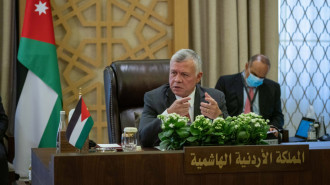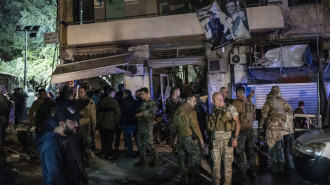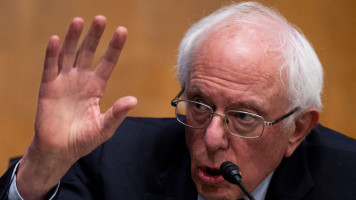UN 'alarmed' at impact of Lebanon-Israel border clashes on children
The United Nations children's agency warned Tuesday that conflict on Lebanon's southern border was taking a heavy toll on children, with thousands out of school and healthcare "critically impacted".
"We are deeply alarmed by the situation of children and families who have been forced from their homes," Edouard Beigbeder, the Lebanon representative for UNICEF, said in a statement.
He further warned of "the profound long-term impact the violence is taking on children's safety, health and access to education".
"We call for an immediate ceasefire and the protection of children and civilians," he said.
"We must redouble our efforts to make sure every child in Lebanon is in school and learning, is protected from physical and mental harm, and has the opportunity to thrive."
Lebanon's Hezbollah and other armed groups have been exchanging regular cross-border fire with Israel, saying their attacks are in support of Gaza which has been under a brutal Israeli offensive since October 7, when Hamas led a surprise attack in southern Israel.
Eight children have been killed in Lebanon and 75 wounded since hostilities started, UNICEF said, citing figures from the country's health ministry.
More than 92,000 people, almost a third of them children, have meanwhile been displaced, according to the UN's migration agency.
"Should this conflict continue to escalate... the repercussions for children will be devastating," UNICEF spokesman James Elder told a press conference in Geneva.
Amid a crushing four-year economic meltdown, UNICEF said "multiple overlapping crises" were pushing families in Lebanon "closer to the brink".
The agency said in a statement that "more than 70 schools are currently closed, affecting around 20,000 students and significantly affecting their education", warning of the heightened risk of child labour and early marriage.
It said in a report that health services in south Lebanon were "critically impacted", with 10 primary healthcare centres and 17 dispensaries "partially or completely closed".
More than 10,000 people "including 4,000 children are in need of essential services" like immunisation and access to critical medication, UNICEF said.
It also cautioned that a surge in vaccine-preventable diseases was "already evident" and said the risk of measles outbreaks was "significant".
UNICEF's Ettie Higgins told the press conference that "we had seen a three-fold increase" of children being referred to the agency's malnutrition programmes in the past year.
"We are facing a massive collapse" in humanitarian funding in Lebanon in recent months that has forced the agency to cut back "virtually all of our services", Higgins added.
"Without a permanent ceasefire, Lebanon is at risk of a full-scale war which would have a devastating impact on the 1.3 million children living in the country today," the UNICEF report added.
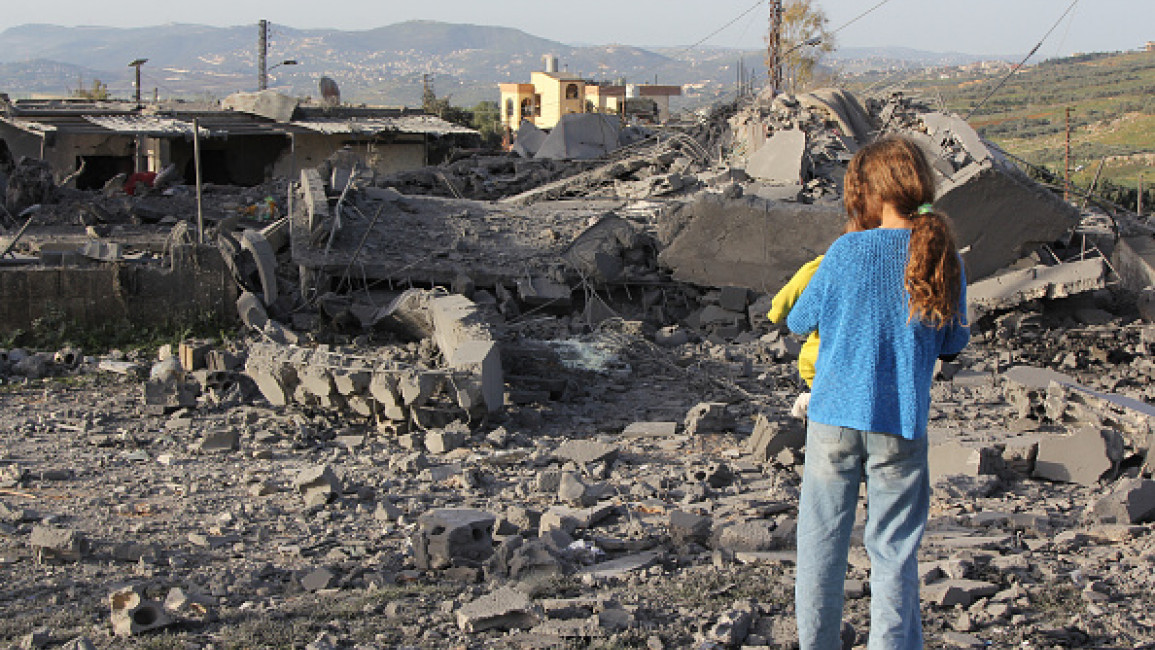
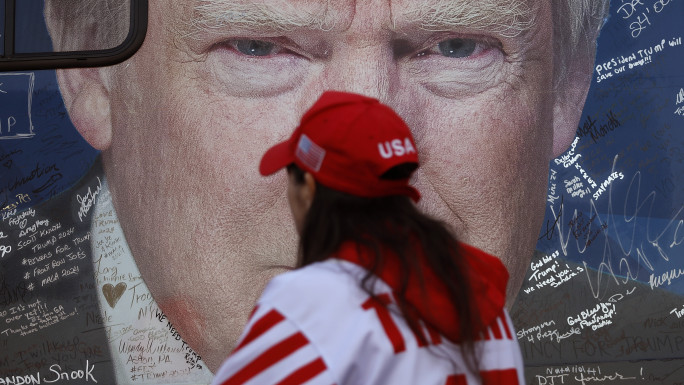
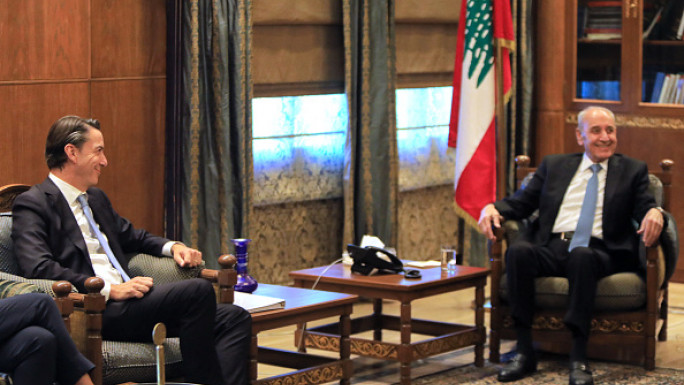
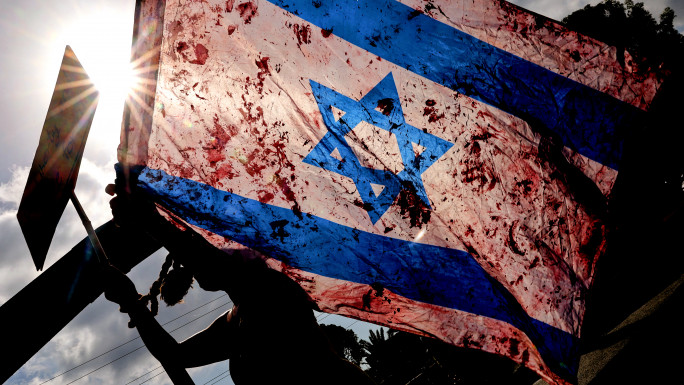
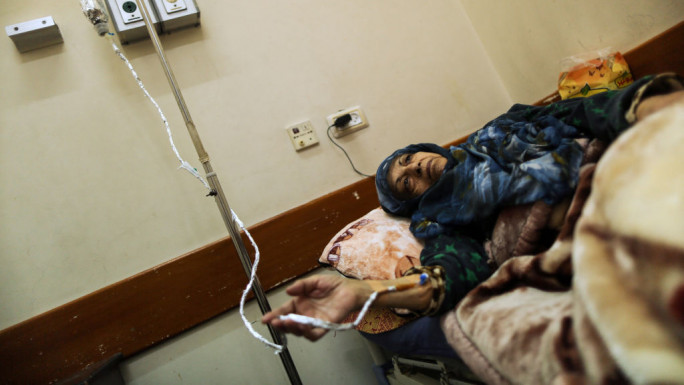
 Follow the Middle East's top stories in English at The New Arab on Google News
Follow the Middle East's top stories in English at The New Arab on Google News
